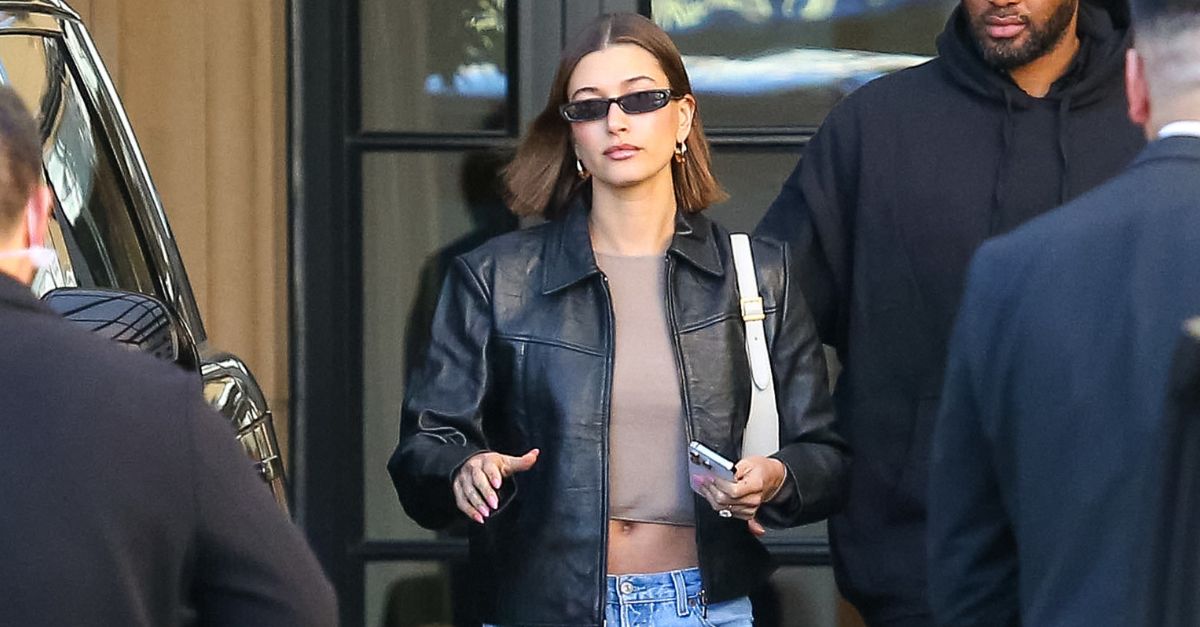This could have a big impact on TikTok, especially considering the rising role that music now plays in the app.
After negotiations between TikTok and Universal Music Group failed to reach a new agreement on usage rights, Universal has announced that it will withdraw its music from the app, as of Feb. 1.
Universal, which is home to some of the biggest music stars on the planet, including Taylor Swift, Adele, Drake, and Billie Eilish, says that TikTok offered less than it had hoped on both compensation for its artists, as well as safeguards about generative AI usage.
Unversal’s current rights agreement with TikTok, which it originally signed in 2021, will end on Jan. 31, after which time all Universal-owned content will be removed from the app.
As per Universal:
“[Universal and TikTok] have not agreed to terms for a new agreement, and upon expiration of the current agreement, Universal Music Group, including Universal Music Publishing Group, will cease licensing content to TikTok and TikTok Music services.”
Universal has gone so far as to say that TikTok tried to “bully” them in the negotiations, by using its audience reach as a means to reduce the current payment arrangement.
“As our negotiations continued, TikTok attempted to bully us into accepting a deal worth less than the previous deal, far less than fair market value and not reflective of their exponential growth. How did it try to intimidate us? By selectively removing the music of certain of our developing artists, while keeping on the platform our audience-driving global stars. TikTok’s tactics are obvious: use its platform power to hurt vulnerable artists and try to intimidate us into conceding to a bad deal that undervalues music and shortchanges artists and songwriters as well as their fans.”
Universal further claimed that TikTok “is trying to build a music-based business, without paying fair value for the music.”
In response, TikTok has said that it’s disappointed that Universal has walked away from a “free promotional and discovery vehicle” for its artists.
But even though TikTok is holding its ground, and making a strong public stand, this is going to be a big blow for the app, especially considering that TikTok made music a much bigger focus of late, as it works to capitalize on its rising value as a music discovery platform.
Indeed, a TikTok commissioned report published last November showed that TikTok users are significantly more likely to both discover and share new music content in the app, while 75% of its users also find new artists via TikTok clips.
That, in turn, has also made TikTok a critical consideration for record labels looking to showcase their latest artists and tracks. The platform has already sparked new careers, rejuvenated older ones, and even now has some artists changing the names of their songs to better align with in-app trends.
Given this, you can see why TikTok could view itself as being of more value to record labels than the other way round, which would have played into these negotiations. But the final outcome, that so much popular music will be pulled, will have a big impact, for both sides.
As such, I would assume that, somehow, the parties will come back to the negotiating table and rectify this through a compromise of some sort.
But as of now, it looks like a lot of pop songs are about to go silent in the app, which could spark a lot of confusion, and frustration for TikTok users.
























































![Key Metrics for Social Media Marketing [Infographic] Key Metrics for Social Media Marketing [Infographic]](https://www.socialmediatoday.com/imgproxy/nP1lliSbrTbUmhFV6RdAz9qJZFvsstq3IG6orLUMMls/g:ce/rs:fit:770:435/bG9jYWw6Ly8vZGl2ZWltYWdlL3NvY2lhbF9tZWRpYV9yb2lfaW5vZ3JhcGhpYzIucG5n.webp)
















